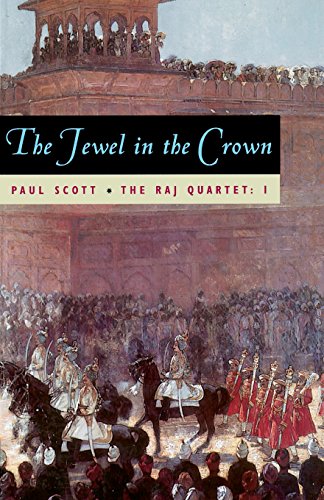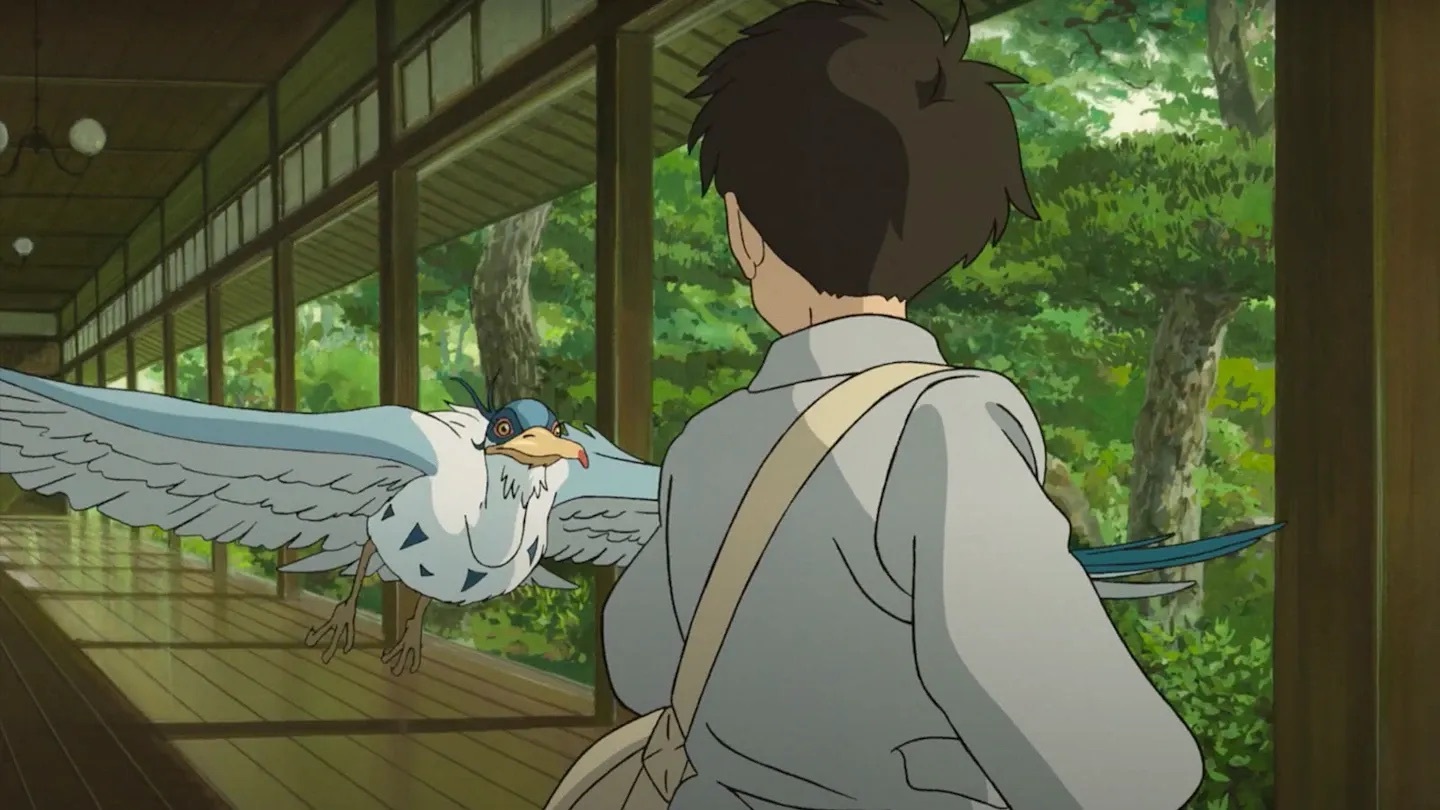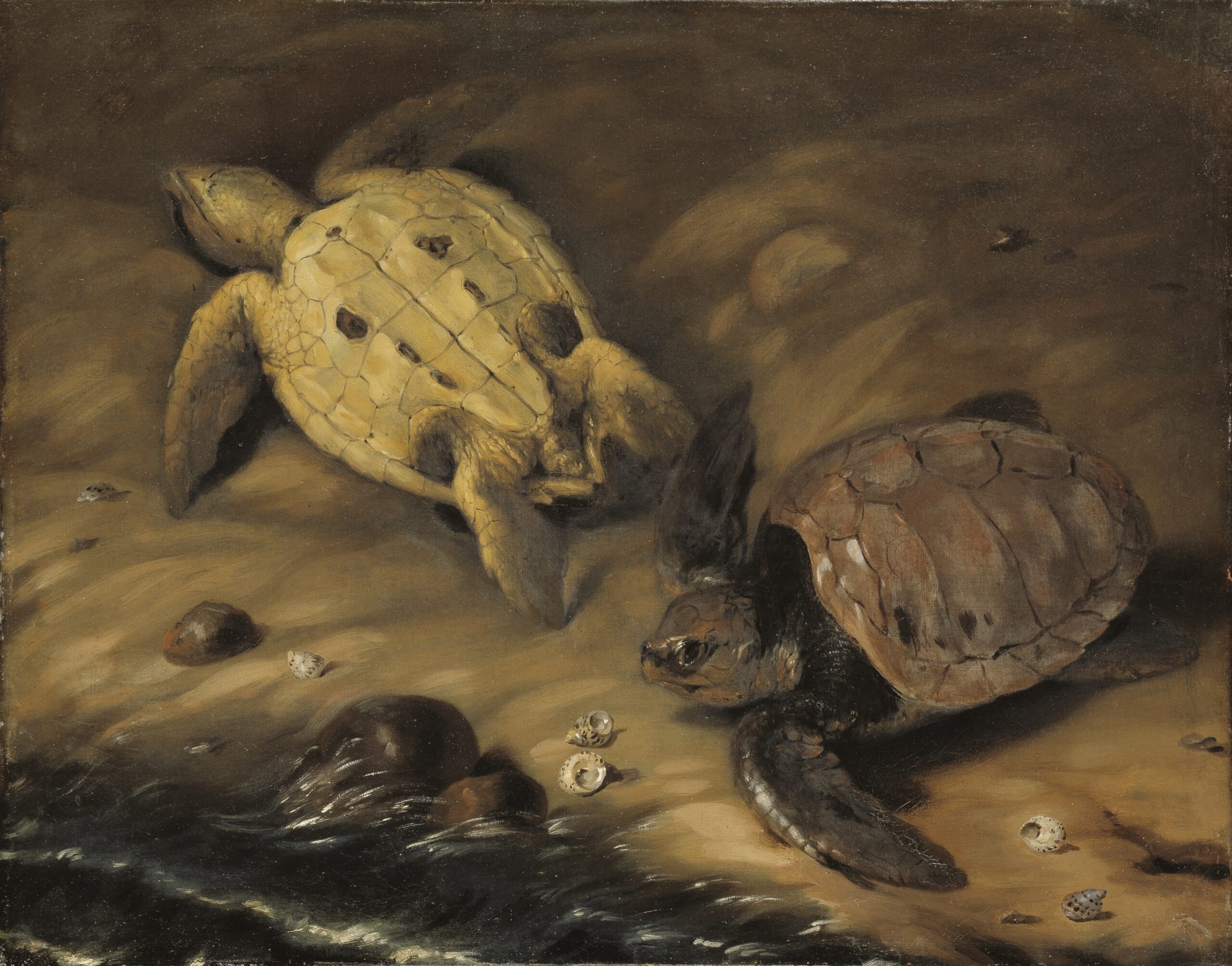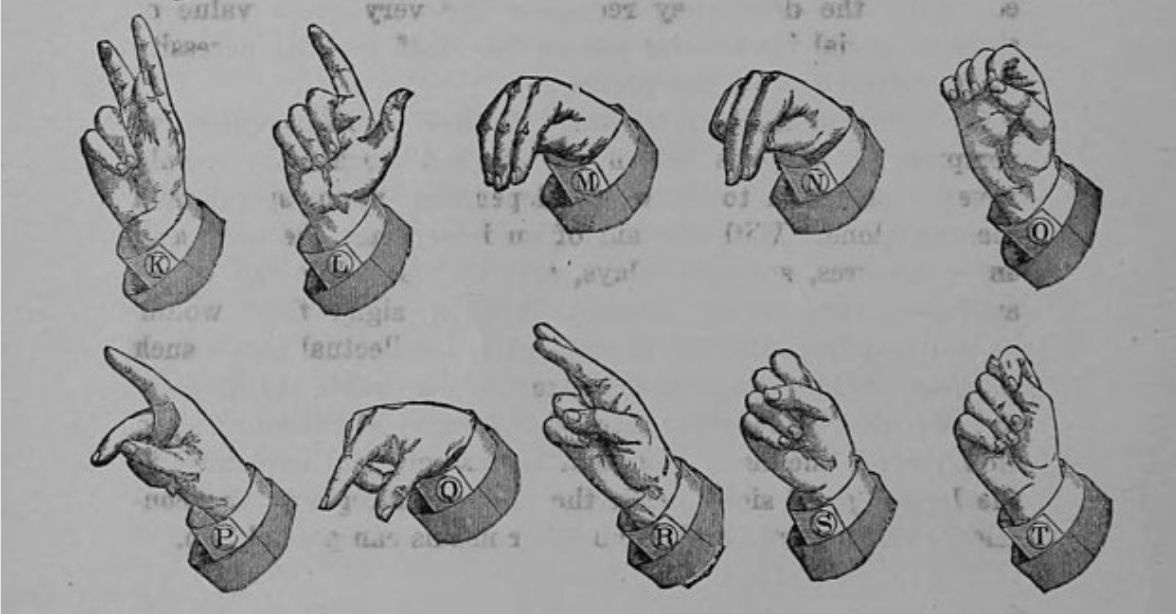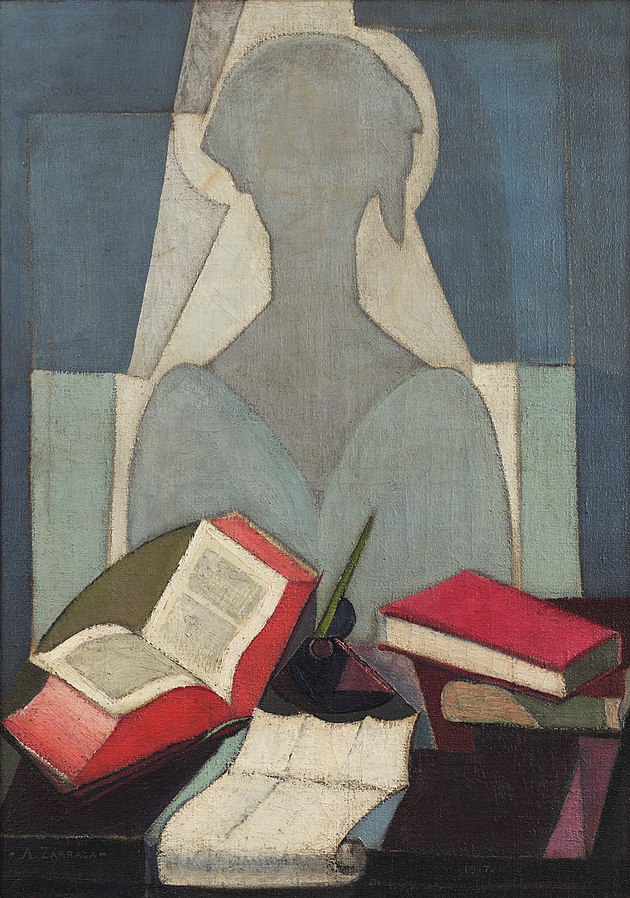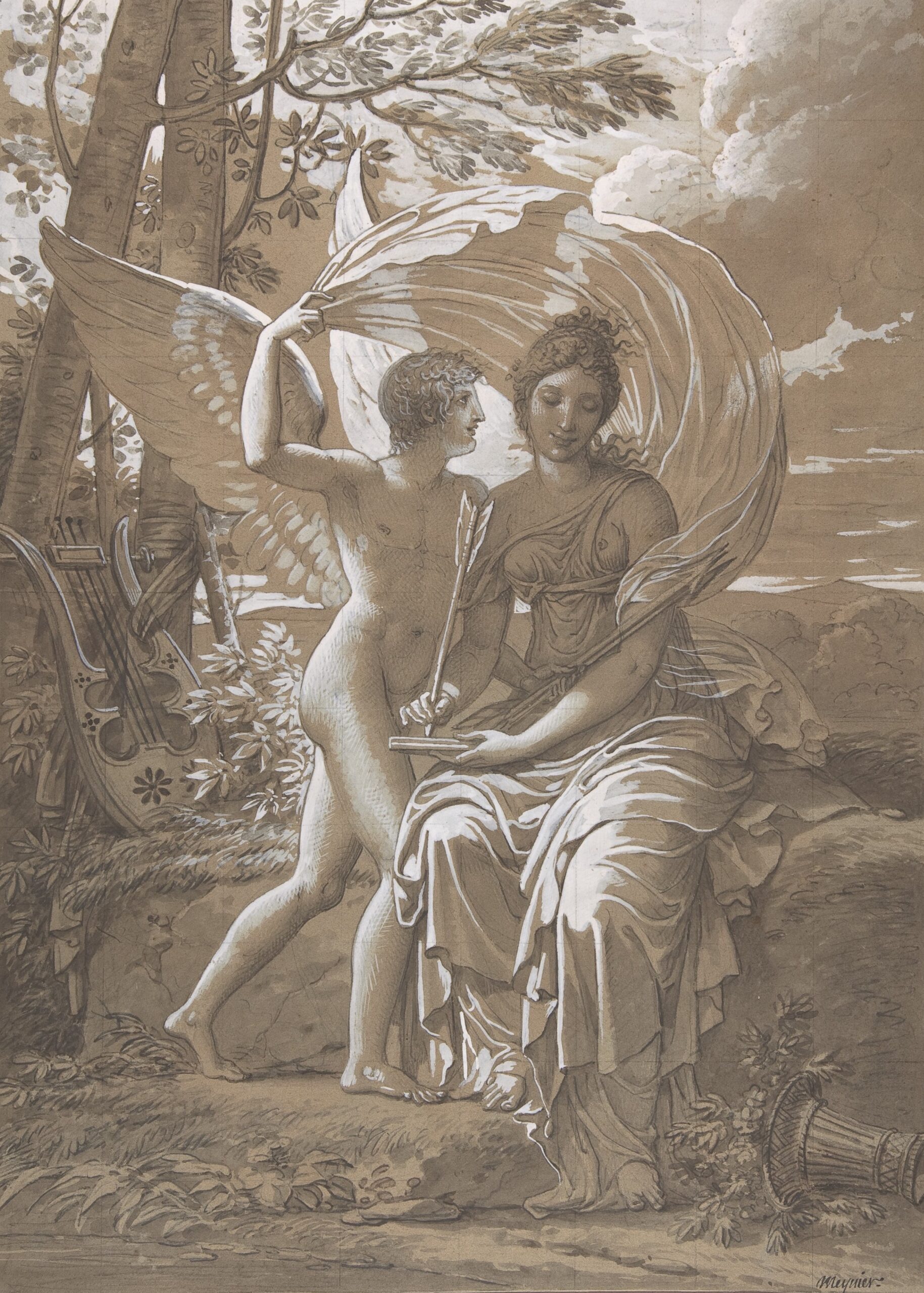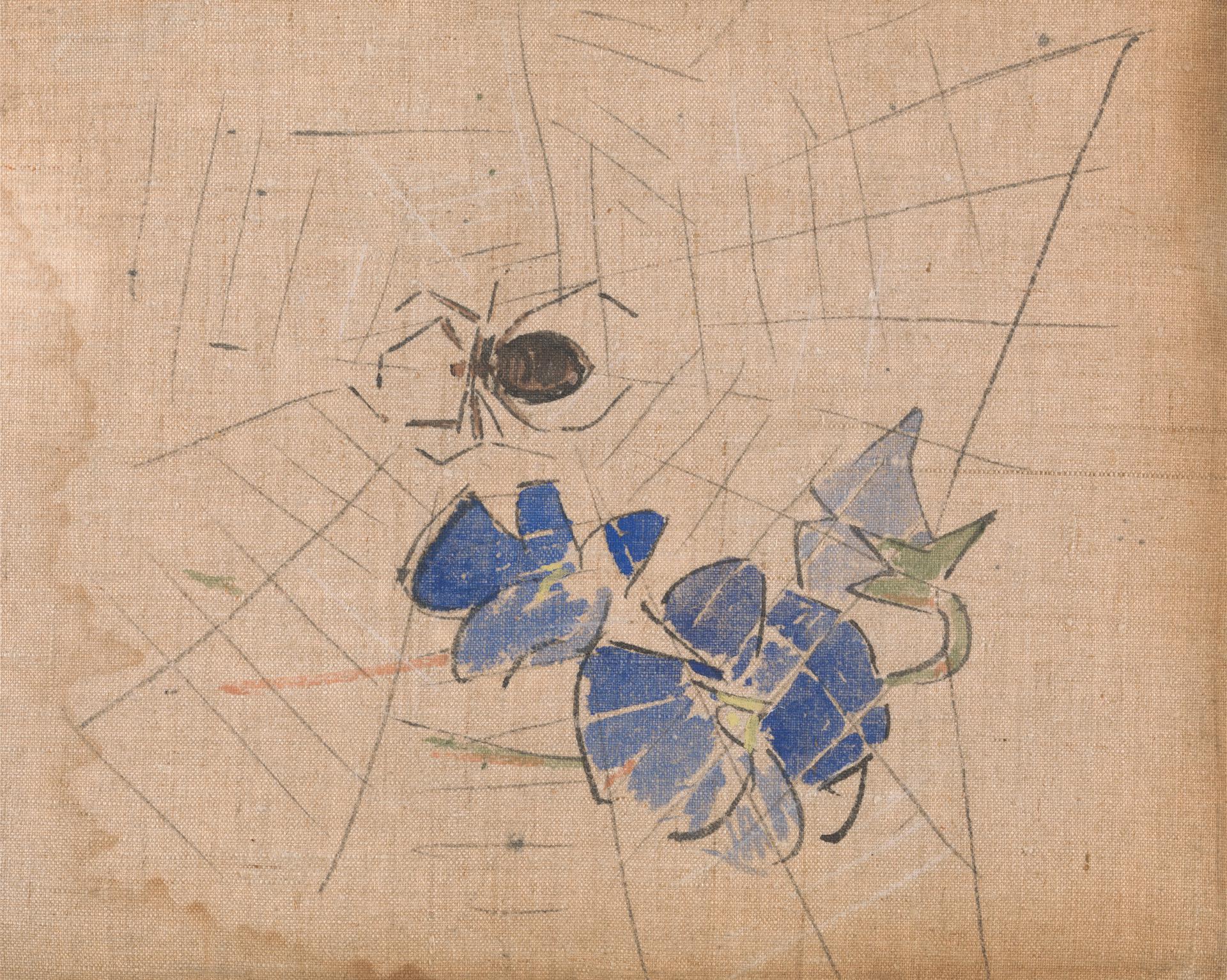1.
“Cheap, aren’t they?”
The white woman, a townie, smug in her brown and shabby cardigan, asks me this without prelude, not even a stereotypically British and blustery, “Fine day, isn’t it?”
In point of fact, it is a fine day. I am 24 years old, a student at Oxford, living on a generous stipend from the Rhodes Trust that, having tasted freedom here, for the first time truly out of the reach of my parents, I am saving earnestly, albeit in dribs and drabs. Twenty or 40 or even 100 pounds, here and there, all toward a vague unspecified fund I’m starting, entitled “Freedom,” and only in some vague and desperate way, all that keeps me from having to give into my parents and accept arranged marriage.
This means that I no longer eat in Oxford’s tourist restaurants. It’s 1995 and Britain is on an upswing, in recovery from an economic recession. Cheap food, local food, is plentiful. Instead of buying books like my Rhodes Scholar classmates, I read them at the public library. I go to Sainsbury’s like any local, spirit out sales, carry plastic bags looking harried, like I’m too poor for even one of the tiny cars the smart, wine-carrying banker/lawyer set my age is busy settling its own bags into.
To this woman, a stranger, I simply must not look American. Though would I, even if I weren’t counting my change? This news stand is the place where I buy allsorts licorice, sometimes crisps and cola, trying to fill myself absent “real food.” I’m not on a college meal plan, nor do I live in a fancy apartment. I’m living low, not buying the clothes, CDs, or magazines on which, during the first months of the scholarship, like everyone, I frittered my money.
Instead I keep my daily spending to under 10 pounds, some days five pounds, if I can manage with a bag of carrots from the supermarket and a few servings of candy. My body is still fine-tuned, running, a beautiful mid-20s, fortunate body. And I still go out in some version of club clothes that are what I have brought with me from the U.S. But my hair is no longer glossy and perfect, the way it was; my skin has dulled a bit, from this diet. I don’t, any longer, feel exactly like myself.
Like this I’m hungry, vulnerable, a bit less than guarded. Waiting my turn on line, to buy my daily dose of British junk food, truly a sort of dystopian, Orwellian food for how bitter it always tastes. How much a disappointment, rather than a treat.
The woman, persisting, works to catch my eye. Repeats the question, “Cheap, aren’t they?” This time, in case I haven’t quite grasped her meaning, she points to the magazine in my hand, the one I’d picked up forgetting anyone could look at me. The one with three young Indian or Pakistani or Bangladeshi or Nepali women with slick, darkened lips, caked up make-up, covering bare nipples with their hands, exposing bums.
I’d picked it up, equally fascinated and horrified. At 24 during the 1990s, I’d never spent my high school or even most of my college years on Internet. E-mail hadn’t yet become a thing, not until 1994, when I arrived at Oxford and found myself pouring confessions over e-mail, to a male classmate who seemed patient and sympathetic about my “arranged marriage dilemma”—but was, I suspected soon after, prone to reading the e-mails and pleasuring himself.
I’d never seen South Asian women—desi women, an umbrella term for the subcontinent and diaspora, dating back to 1965—included in any kind of pornography. Certainly not in the stack of Playboy magazine my enterprising Korean-American classmate dug up from her father’s stash, full of pink-nippled, surfer girl nudes whom we mocked and examined, then examined again.
Without my ever knowing it, though, South Asian presence in the United Kingdom, and before that, white presence intruding into South Asia, made for an exotic, steamy apparatus of an entity known as “colonialist porn.” This historical subject, which I would learn only years later from an academic talk on South Asian studies, delivered by the Marxist historian Anjali Arondekar and aptly titled, “The India-Rubber Dildo,” is one that has subjected troves of little-known “erotica of Empire” to the scrutiny of literary and queer theory influenced by Michel Foucault and Jacques Derrida. Much of the theoretical approach, to be honest, eludes me—I cannot get out of my head the famous dialogue between Derrida and an analytic philosopher, who dared Jacques D to return a personal check made out to “Derrida” given his belief in only contingent texts, words as speech acts, language that doesn’t carry permanent meaning.
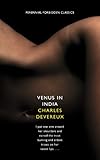
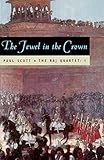 But the material for the scholarship is still alive, certainly in 1995 and yet today—the pages upon pages of porn, much of it featuring Indian women being raped by white colonialists, in some cases, after the British man first subdues and rapes any Indian male subject standing in his way. Venus in India being one such work of erotica; another, more mainstream, the sadomasochistic intimacy of colonial ruler and subject in all those whipping scenes in The Jewel in the Crown, Paul Scott’s first book in his quartet of novels about “two nations locked in an imperial embrace,” as the publisher touts, breathless.
But the material for the scholarship is still alive, certainly in 1995 and yet today—the pages upon pages of porn, much of it featuring Indian women being raped by white colonialists, in some cases, after the British man first subdues and rapes any Indian male subject standing in his way. Venus in India being one such work of erotica; another, more mainstream, the sadomasochistic intimacy of colonial ruler and subject in all those whipping scenes in The Jewel in the Crown, Paul Scott’s first book in his quartet of novels about “two nations locked in an imperial embrace,” as the publisher touts, breathless.
“Cheap,” in British English, as I know from having it shouted at me on the train (the Underground I take with my friends from the U.S. too, after we’ve taken the more cosseted bus from Oxford to London), connotes both “prostitute” and “poorly paid prostitute.” Here, issuing from the mouth of an unlovely British female citizen, the word sounded both angry and entirely unconcerned with how much compensation the naked brown women in the magazine had received for their trouble.
The woman seemed angrier, still, at my refusal, or perhaps my inability, to respond to her.
What she didn’t know, couldn’t possibly have known is, by then I was numb—encased in an amber of daily racial macro-aggressions. “Tell the truth love, you don’t really go to Oxford, now do you,” a common refrain. “Were you a cheerleader at Yale? Like on the Alpine Ski Team Cheerleaders,” one tutor said he was curious to know. “There are too many Indians, plain and simple,” a plain and simple, pimply-faced boy with a huge pint of beer announced loudly, after intense eye contact with me and another desi woman, sitting by ourselves at the bar, didn’t get him any closer to seeing us naked.
But there were other aggressive statements too, and what to make of them? When these were uttered by classmates, who like me, were Jamesian “innocents” abroad in England, all of us gauche Americans. Perhaps some might have been more gauche (def: “lacking ease or grace; socially awkward”) than others?
“People are saying you’re the most sexual person in Holywell Manor”—a white American (female) classmate, with an (unpromising) smirk and a reassurance she was “totally straight.” (“Do you think that’s because people know I’m a virgin?” I wanted, but was too embarrassed, to say. A 24-year-old virgin! In the 1990s, this condition was even more retrograde than it is now.)
“Wow, you really do seem ready to go to bed with everyone,”—a man of color, my age, reading this misinformation from the tiny skirt and tight-fitting blouse that I, liberated at Oxford from my parents’ watchful and pious gaze, had taken to wearing. (My response: nervous laughter, which should have given me away but instead, only made him more suspicious.)
“You just aren’t what I think of when the words ‘Rhodes Scholar’ come up,”—a white tutor, laughing, after he’s had a few drinks at a department party. And it’s true that I’m only the second ever Indian-American woman to receive this blood-spattered scholarship—the winning of which required the “breaking” of Cecil John Rhodes’s trust and arguably, also, the breaking of his imperial legacy, the fortunes he accumulated by carrying out his white supremacist mission to enslave and exploit people of color all over the world, one that Rhodes uttered with impunity only about 100 years ago: “(T)he native is to be treated as a child and denied the franchise. We must adopt a system of despotism, such as works in India, in our relations with the barbarism of South Africa.”
Facing the brutality of history, against which the tiny protest here and there—like to help open up the Rhodes competition to all-black colleges in South Africa, which hadn’t yet been made the policy of Rhodes Trust, even by the ’90s—seemed at best mildly effective—I struggled between feeling ashamed, for minding the everyday, small acts of racism so much, and feeling outraged by strangers’ provocative comments like, “Cheap, aren’t they?”
2.
I stared back at the British woman who was judging my as-yet-unknown sisters. Pulled back my shoulders, straightened my young neck. I liked to think, afterwards, that I triumphed by not saying anything. Though in reality, it could have well looked like retreat, my paying for my allsorts, self-conscious about probably not looking as well-done as them and putting back without reading, let alone buying a copy, the album of these women’s transracial allure. The evidence that Indian and other South Asian women, features like mine, skin darker than mine, could incite desire.
Or viewed another way, bearing in mind the median income of Oxford, the town (half of whose population lives below poverty line, and comprise the poorest 20 percent of neighborhoods in England): The evidence that faces, that seductive smiles like mine, could help move dirty magazines. Could fuel the sexual fantasies of working-class white men.
The history of ethnic pornography, in England and elsewhere, is at once more visible, yet more scattered and underground, than that of “porn about the natives” in the imperial archives. As a 20-something woman of Indian descent moving unchaperoned about Oxford, going out at night alone in London too—memorably, walking to Trafalgar Square in a large crowd but without a date or friends, one very contemplative and challenging New Year’s Eve—I am a symbol, a target, a love, a sweetheart, foreigner, vassal.
If porn threatens white men’s ability to treat white women with basic respect, as feminist academic Germaine Greer says, from Cambridge (prompting me to write to her, about the racism, and prompting her to write back to me, encouraging me to stick it out)—how can it possibly be compatible with any hope of “British Asian women” (as we’re called there) being free from sexual aggression with a racial overlay?
In Britain, people of South Asian descent make up less than five percent of the population. Yet there was a British print magazine (soon replaced by online substitutes, global in scope) called Hot Asian Babes, which ran for 20 years!—from 1992 to 2012, featuring at its center soft-porn images of Indian and Pakistani origin girls and women. Bestselling videos were produced to accompany the magazine (aptly titled, Asian Babes) and an estimated 160,000 copies of the magazine sold each year (compare this with the average sales of literary fiction–70,000 marking “bestseller” status!).
Nearly all the consumers of the print and video ethnic porn were British white men, critical British Asian journalists like Yasmin Alibhai-Brown pointed out, drawing upon surveys conducted amidst the publisher trying to counter desi-organized boycotts of newsstands where his magazine was sold, while also trying to buy the Daily Telegraph and broaden his publishing empire.
3.
“We were convinced,” my white American Holywell Manor classmate would say later, when we were both about to finish at Oxford, preparing to go back to the U.S., back to the world, “that when we saw you walking around that early in the morning, you were coming back from screwing with some guy. Some Indian guy, we thought it must have been. I hated him.”
Early in the mornings, I’d walk either to catch a glimpse of deer, around the beautiful Magdalen Deer Park, or to buy the cheapest rolls and packets of goat cheese anyone could find anywhere—inside a tent at the covered market off High Street, a place where, if I wasn’t careful, large sausage casings filled with blood pudding, hanging flaccid from a ceiling hook, could smack me in my pink-brown face, without warning.
After a few disconcerting “crawls” through pubs—one of which leads to a white man breaking a beer bottle near the ground where I’m walking, laughing at the sight of my terrified face—I take to getting away from Oxford, enjoying taking planes alone.
Athens is the first place I go by myself.
I do this without taking along any architecture books. Athens at first is defined by my not having money. Living on huge pieces of baklava. Reacting, stupefied, when a much older white man, who starts conversing with me outside a bakery, where I’ve been standing and counting up my drachma notes, reaches out gently, catches me by my brown hand and says, “Come, eh, come with me, I will take you on my boat. Big, beautiful boat. Take care of you.” He was so soft spoken that I wondered about him long after I quickly walked away, too nervous to say more than “No thank you,” tittering.
“What if he was only being nice?” I email my best friend, who’s not at Oxford now, but is doing her pre-medical courses in Boston, while working in a primate lab, full time.
“That wasn’t it,” she replies, terse. Then writes, “Sorry I have to go. Adam promised me he’d organize my stuff on the high shelves.”
Adam is her six-foot-three white boyfriend from a rural small town in the midwest; my best friend is Korean-American, five-one, a future gastroenterologist. Once my friend whispered to me in the dark, soon after she’d met him, without my having to ask her, “He looks at Asian porn, okay. I know. I’ve actually found the cached searches on his computer, and in my head, I actually gave him permission. Whatever.”
 In Vincent Scully’s lauded textbook, Architecture: The Natural and the Manmade, there is a dim but potent, exhilarating photograph: Parthenon from the east. This expanse, rubble, dignity—this is the space and the cold air I relished, sitting alone, seeing the Parthenon for the first and last time in my life so far, while being completely alone.
In Vincent Scully’s lauded textbook, Architecture: The Natural and the Manmade, there is a dim but potent, exhilarating photograph: Parthenon from the east. This expanse, rubble, dignity—this is the space and the cold air I relished, sitting alone, seeing the Parthenon for the first and last time in my life so far, while being completely alone.
Now, 20 years later, I wish my 20-something-self had been able to identify with the goddess, Athena. Trusted my wisdom. Seen myself as capable, if creative works were like offspring, of parthenogenesis. Not allowed any stranger to make me feel, and eventually act, ridiculous.
Scully wrote, “…the Acropolis of Athens celebrates the breaking of limits, the ready acquiescence of nature to human action, the victory of the polis over everything. It is the Athenian Empire, expressing a new unity…”
But coming back from the Parthenon, getting off a bus in front of a hotel I couldn’t afford, then going inside to see if there might be a restaurant with affordable moussaka, some appetizer or some side dish, with which I could treat myself on that, my final day in Athens, and final memory—I wasn’t inside the hotel for more than five minutes when a stocky but neatly-dressed, leering German businessman approached me, asking, in accented English, “How much?” Repeating the question twice, when I clearly don’t have any idea what he’s talking about. Then muttering, “We can find another girl” when rejoining his friends.
4.
I am awkward, nearly falling over myself to get away from the heavy-pawed but respectable German, exiting clumsily through the heavy glass door of the hotel and onto the polluted, more anonymous street. He might be a sex fiend masquerading as banker. I can’t deny, though, that his clothes looked far better than mine.
My father. “How can you be a Rhodes Scholar and go around in shabby shoes?”
My thought about it: “Shoes that are comfortable and cheap get me around, help me save up.”
I get a travel award from the Rhodes Trust, a non-ironic invitation to “go to India for a summer and see if I can do some good.”
I visit two cousins who are doctors there, observe them in the vaccination clinic of a rural hospital. I feel from them joy, contentment. I volunteer, noting how my female eye surgeon cousin, while pretty, never has a lick of time to worry about looks.
Living in India for months, speaking the language that my parents taught me, it strikes me that medicine is a respected profession that would allow me to earn my way. The same profession that my judge grandfather in India allowed four of his six unmarried daughters to pursue—not wanting them to have the same fate, of not being able to afford to call a doctor during childbirth, the way his favorite little sister, having no money, couldn’t pay for any doctor to come, before she died.
In my mind, inspired by my covered-up summer in India, when packs of college boys hooted and eve-teased 25-year-old me, but none made outright invitations to do anything, medicine suddenly presents itself as being a remarkably non-pornographic career choice. It’s one in which objective knowledge, without the slightest layer of personal appeal, rewards for seductive behavior, or objectification of women play a role. It’s one in which having skills and “knowing how to do tough things” takes very strict precedence over “pleasing men.”
 Not long after, in 1999, Walking Out on the Boys, a female neurosurgeon’s memoir of sexual harassment, comes out and causes a sensation at my medical school, the same one where she was inspired to write the book.
Not long after, in 1999, Walking Out on the Boys, a female neurosurgeon’s memoir of sexual harassment, comes out and causes a sensation at my medical school, the same one where she was inspired to write the book.
5.
And now I’m ready to answer that British woman, that would-be sister in the spectacle of naked skin like mine—the kind of sister Seamus Heaney writes about in his poem “Punishment,” about a “little adultress,” a woman tarred for having unauthorized sex—those sisters who “would connive in civilized outrage/ yet understand the exact and tribal/ intimate revenge.”
“Cheap, aren’t they?” she’d asked, waiting.
“No, actually,” I should have said. “You couldn’t afford us.”
Image Credit: Pixabay.


